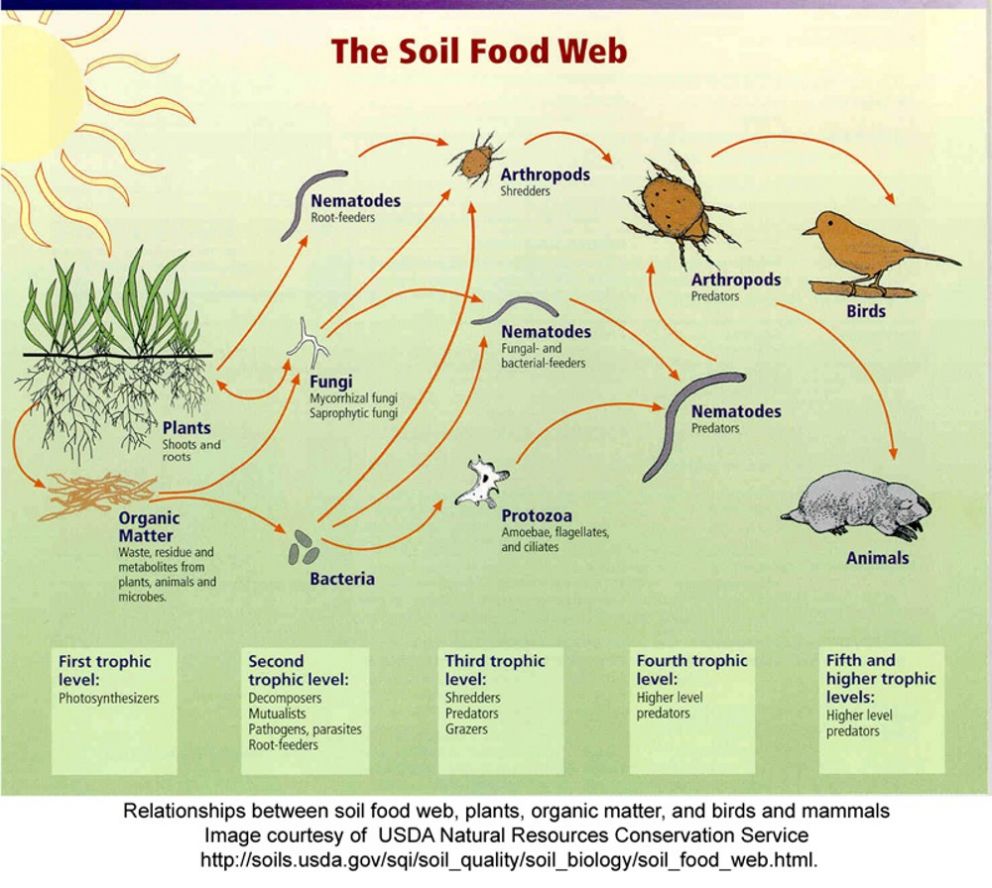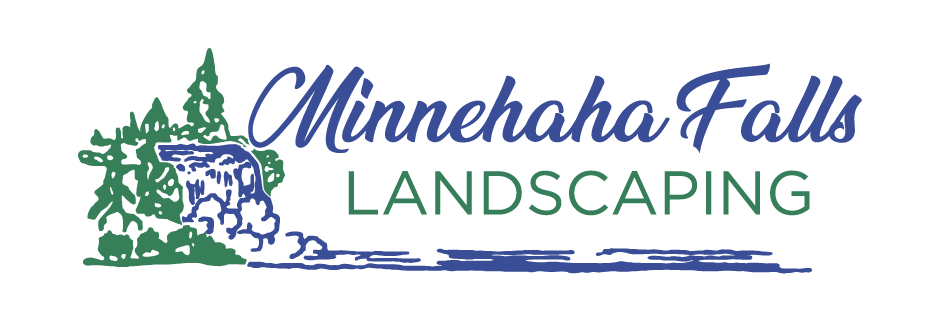Interview with Russ Henry, President
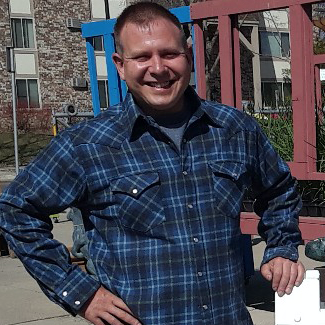
Why do you own a landscaping company?
I started gardening with my mother when I was a kid on our family farm so I was always outside getting my hands dirty. As a young man I visited several amazing gardens locally and abroad that inspired me deeply and put me on a path of learning about landscape design and ecological health.
Both of my grandfathers owned their own small businesses so I guess in part I’ve come to own a business out of genetic memory. Combining my love of landscapes, plants, and ecosystems with my entrepreneurial outlook has led me here and this is where I want to be.
Why are you a landscaper?
Because the landscape is the doorway to the imaginations, hearts, and souls of people. I’m not sure I’d want to do anything else. Landscaping seems like the best way to help people connect with the amazing natural world that supports and nurtures us all.
Is landscaping hard work? What keeps you going?
Landscaping is only hard work if the bobcat breaks down. All joking aside, the crews put in an amazing amount of effort to bring out designs to life. I’m inspired by the dedication and hard work of our crew leaders, they are what keep me going when the going gets tough.
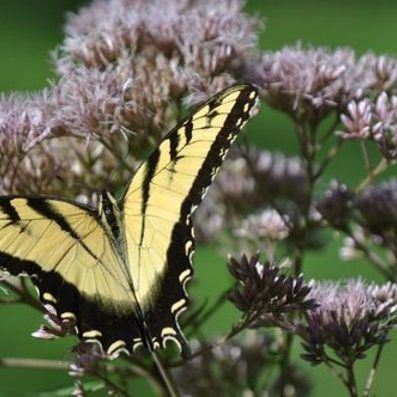
What are some of your favorite plants?
I’m a native plant fan! I love Joe Pye Weed, Meadow Blazingstar, and Milkweed for their ability to feed and attract monarch butterflies. I absolutely love being surrounded by tall-grass prairie so big-blue stem is one of my favorite grasses. For shrubs I find an incredible utility and beauty in yew, low growing sumac, and bush honeysuckle aka diervilla lonicera. For short trees, service berry, pagoda dogwood, and mountain ash are my top three because they bring in the birds and are incredibly attractive trees. For tall trees I am a huge fan of white pine, hackberry, and all types of oak trees.
What types of landscapes do you like to work in?
I love working in residential settings where neighbors are pushing the envelope for bringing design and space-making to the front. Anywhere the landscape encourages people to feel invited to connect with each other and with nature, anywhere that the imagination is sparked by people, plants, and nature interacting, these are spaces that appeal to me.
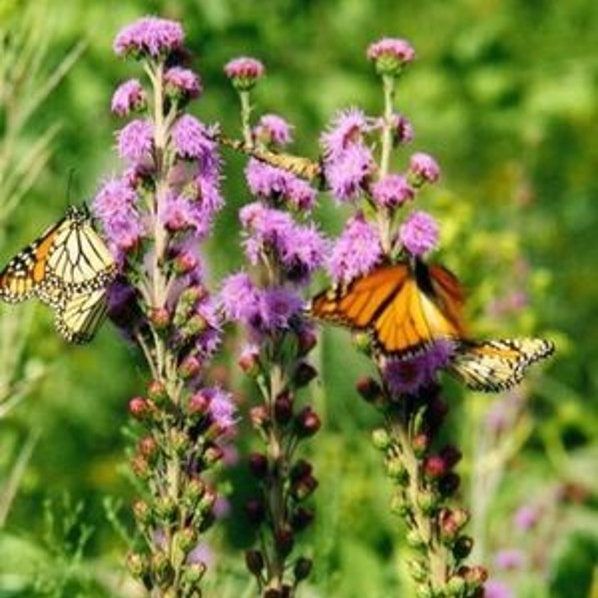
The great thing about landscaping is that if the space isn’t beautiful, functional, and eco-friendly we can change it. In this way some of the ugliest and least functional landscapes that we’ve been introduced to have become my favorite because we worked to transition them to beauty and functionality.
I've never met a landscape I didn't like.
Please generally explain your approach to landscaping.
I’m client centered, aesthetically oriented, and eco-friendly. I want my clients to be engaged with the process of imagining their new landscape and fall in love with their new spaces. Once we create a space for a client, I want them to be able to enjoy the process of the landscape maturing and becoming.
Landscaping is as much about communication as it is about moving land and planting trees. Learning about client’s thoughts, needs, and questions in the design process is a new, fun adventure every time. I love helping folks learn about the aesthetic and ecological potential of their property and I feel satisfied when our company brings life and love to a landscape.
What do you do to protect the ecosystem in the landscape?
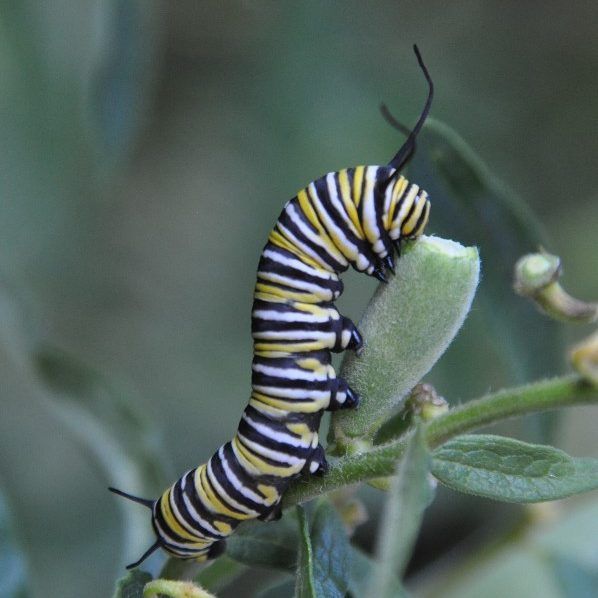
Everything I can. I’ve been an advocate for pollinator habitat, healthy soil, native plantings, clean-water, local food, public health, pesticide elimination, and ecological restoration. I’ve made these all top priorities in this company too.
We never use any pesticides, we’ve installed dozens of rain-gardens and tens of thousands of native plants, we’ve installed community gardens, edible landscapes, and we’ve focused our lawn care regiment on microbial soil health.
I was appointed by the mayor of Minneapolis to be the chair of Homegrown Minneapolis, a local food policy body where I worked intimately on adoption of the MN Seed Library Law, the MN Solar Pollinators Law, and the MN State Composting Regulations as well as dozens of city and park board policies including Minneapolis Backyard Chickens Policy, Minneapolis City Composting Policy, Minneapolis Pollinator Friendly City Policy and the Minneapolis Urban Farm Policy.
I’ve also had a storied and exciting journey as a compost maker and soil health consultant. Recently I was named chair of the Minneapolis Parks Pesticide Advisory Committee where I currently serve as we guide the Minneapolis Park Board away from the use of pesticides.
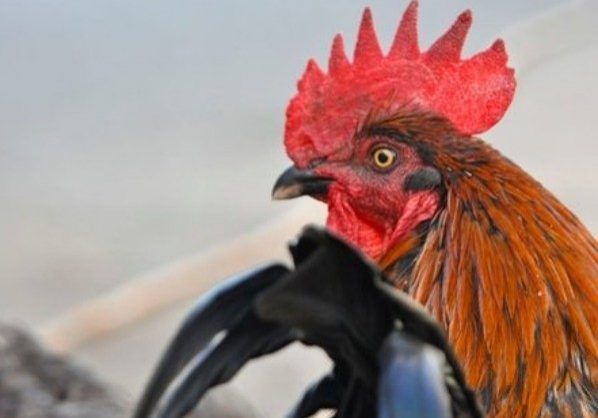
Any tips for do-it-yourselfers with a limited budget?
-
Learn to save seeds
-
Learn to make high quality compost
-
Make friends with other gardeners
-
Create a trading relationship with a gardener
-
Join a garden club
-
Seek out long-term or multi-staged designs
-
Craigslist and neighborhood posting boards can be a good place to find stone, wood, and cement materials very inexpensively
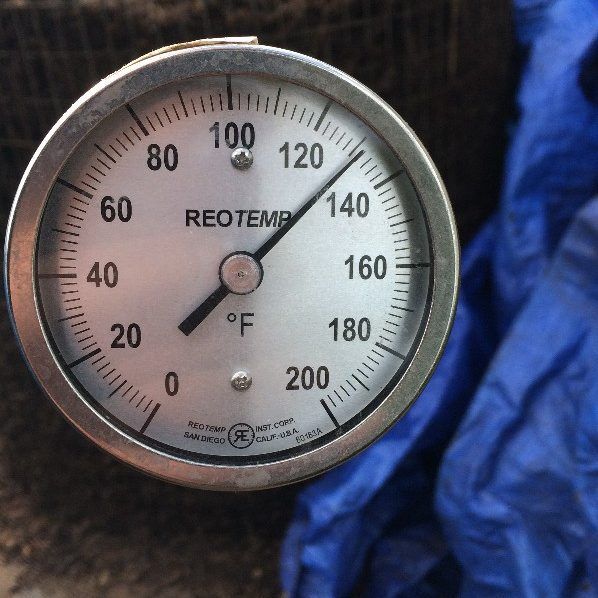
Any tips for anyone who wants to learn a little more about soil health?
I’ve written a few blog posts about soil health that I’d encourage everyone to check out.
Additionally, there are some great resources on the web:
-
Kiss the Ground
-
Renaissance Soil
-
Soil Food Web
